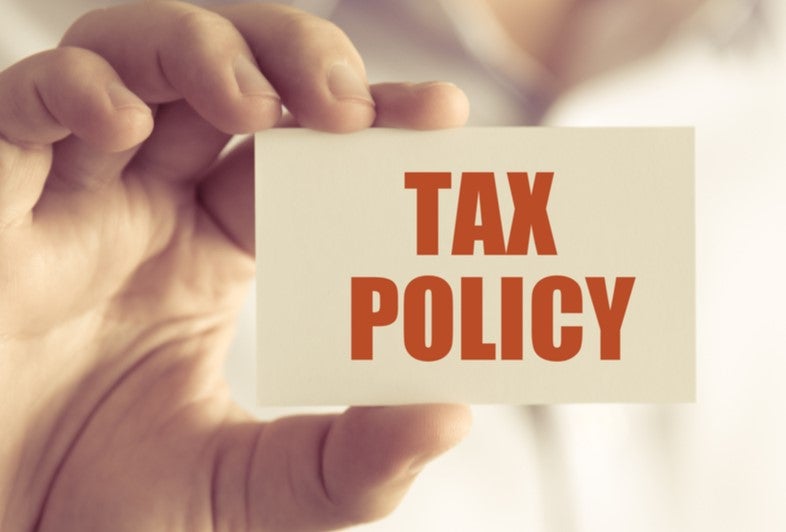Ganesh Ramaswamy, Associate at Kreston Rangamani
Economists and tax experts in developing countries are of the considered opinion that a global minimum tax rate would take away a tool that developing countries use to push policies that suit them.
Particularly against the backdrop of the pandemic, IMF and World Bank data suggest that developing countries with less ability to offer mega stimulus packages may experience a longer economic hangover than developed nations. Developing countries have been implementing tax cuts since the 1960s as a way of attracting overseas investments and generating more economic activities and employment opportunities. This advantage would no longer be there for developing countries with the advent of minimum floor rate tax.
However, developing countries know very well that tax competition brings more harm than the perceived benefits. Tax cuts come at the cost of public spending on infrastructure, education and health. Serious overseas investors keen to expand business in developing countries would primarily look at infrastructure, lower cost, justice delivery and quality of workforce rather than the tax code of the investee country. To provide these requirements to investors, tax revenues are a must for developing countries. In this context, it’s likely that most developing countries will get behind the G7 deal in due course.
How well do you really know your competitors?
Access the most comprehensive Company Profiles on the market, powered by GlobalData. Save hours of research. Gain competitive edge.

Thank you!
Your download email will arrive shortly
Not ready to buy yet? Download a free sample
We are confident about the unique quality of our Company Profiles. However, we want you to make the most beneficial decision for your business, so we offer a free sample that you can download by submitting the below form
By GlobalData





